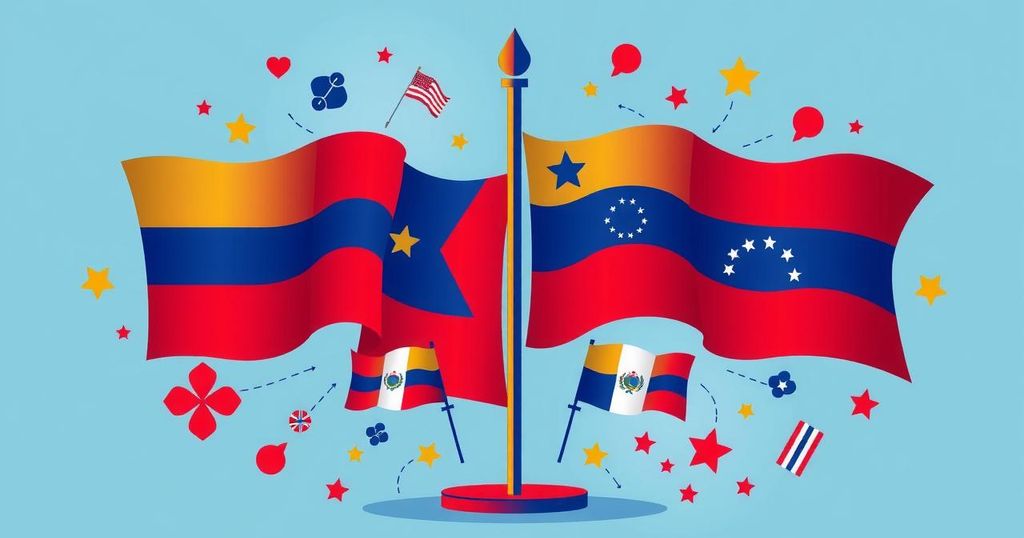How Trump Team Used Venezuelan Migrants as Bargaining Chip in Failed Prison Swap

- Trump administration aimed to exchange Venezuelan migrants for Americans.
- Negotiations reportedly fell apart, leaving detainees in limbo.
- Conflicting strategies led to internal strife within the administration.
- El Salvador claimed responsibility for its imprisoned U.S. deportees.
- Humanitarian agreement discussions between Bukele and Venezuelan officials hit a wall.
Trump Administration’s Dual-Track Approach to Prisoner Swap
Unpacking the Deal to Retrieve Americans From Venezuela The Trump administration seemingly tried to leverage the plight of Venezuelan migrants in the design of their prisoner swap. Specifically, they aimed to negotiate the return of 11 Americans and lawful residents imprisoned in Venezuela in exchange for sending about 250 Venezuelans to El Salvador. Officials seemed to suggest these deported individuals were no longer under U.S. jurisdiction, a claim at odds with the reality of ongoing talks to use them in bargaining with the Maduro regime. It raises serious questions about diplomatic strategy and responsibility.
Internal Strife and Unclear Objectives Compound Issues
Conflicting Strategies Throw a Wrench in the Negotiations As negotiations unraveled, Secretary of State Marco Rubio was engaged in one track while Richard Grenell, the presidential envoy, pursued another—with conflicting offers complicating the scenario. According to sources, Grenell offered a deal that included keeping the operations of Chevron, a major economic player, running in exchange for assistance from the Venezuelan government. This created not just confusion, but a potential contradiction to the harder line the administration had taken previously against Maduro, evidenced by its sanctions and diplomatic isolation efforts. Political figures like Brian Finucane noted this disarray hinted at a wider dysfunction within Trump’s foreign policy framework, especially given the administration’s divided focus on how to handle both Ukraine arms and Venezuelan negotiations.
Implications for U.S. Foreign Policy and Citizen Safety
Consequences of Negotiation Failures on U.S.-Venezuela Relations Salvadoran President Nayib Bukele alluded to a possible humanitarian agreement regarding the deported U.S. detainees in April, as the initial discussions were still forming, but Venezuelan officials stood firm against any plan that didn’t include the return of their citizens they claimed were kidnapped. U.S. administrations have claimed no jurisdiction over those prisoners, yet recent statements from El Salvador have put that assertion into question, signaling a complicated international entanglement that could have lasting implications for U.S.-Venezuela relations. The administration appears caught between contradictory narratives and a potential missed opportunity for a breakthrough, leaving both American citizens and detainees in limbo, with no clear resolution in sight.
In summary, the Trump administration’s attempts to negotiate a prisoner swap involving Venezuelan migrants reveal a complex, and ultimately unsuccessful, strategy that has fueled confusion and frustration. A dual-track approach, marked by internal conflict and unclear objectives, has complicated the potential for a resolution that ensures the safety and return of U.S. citizens detained in Venezuela. As the situation continues to unfold, both the legal responsibilities and political ramifications remain murky, leaving many without a clear path forward.







